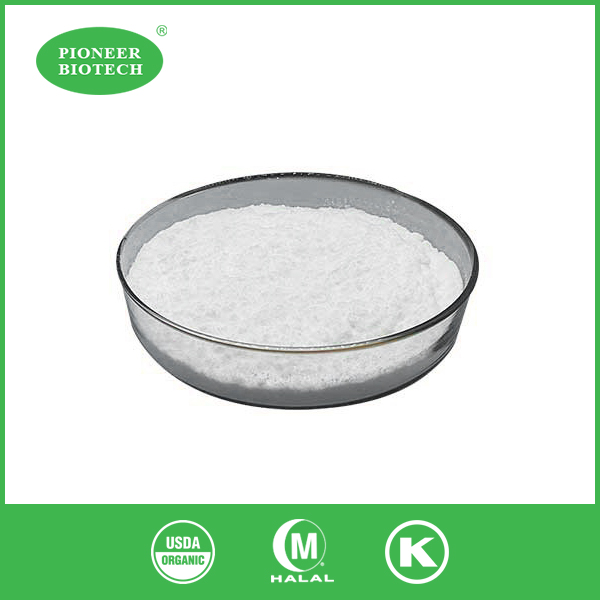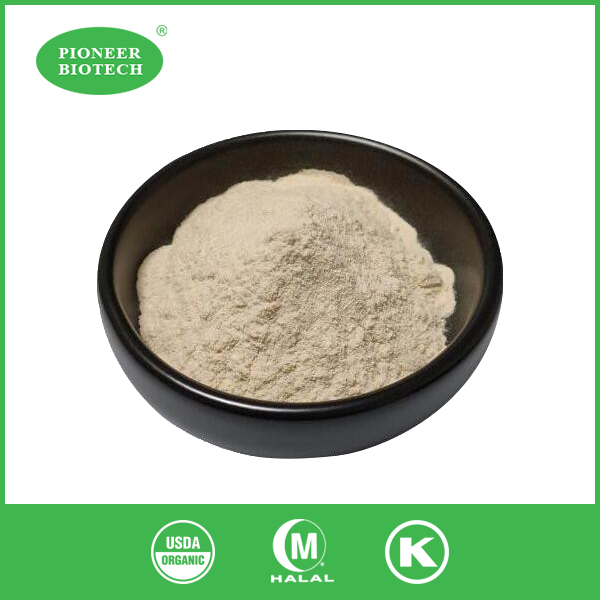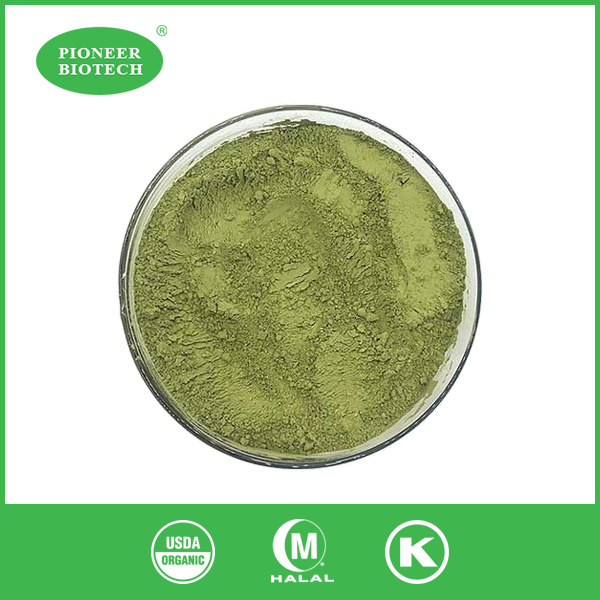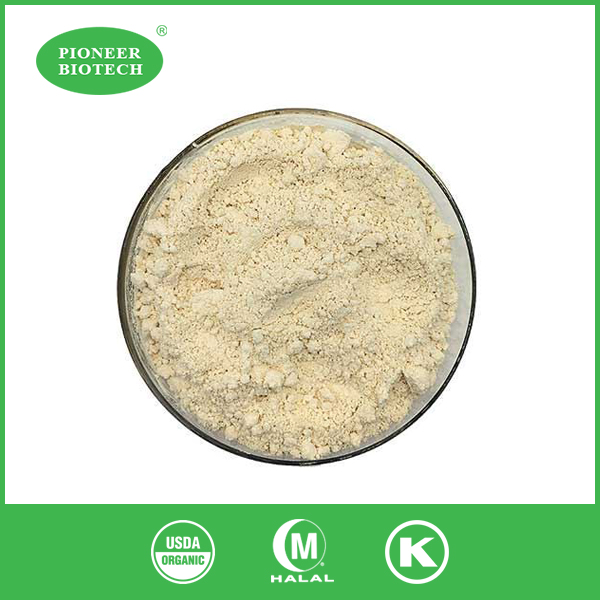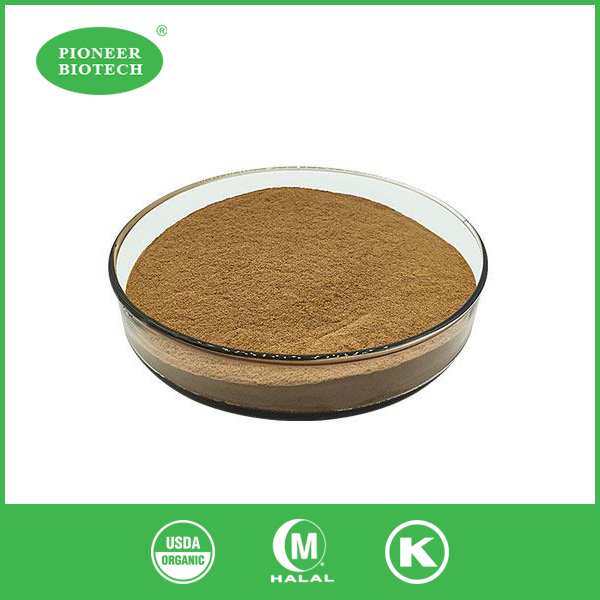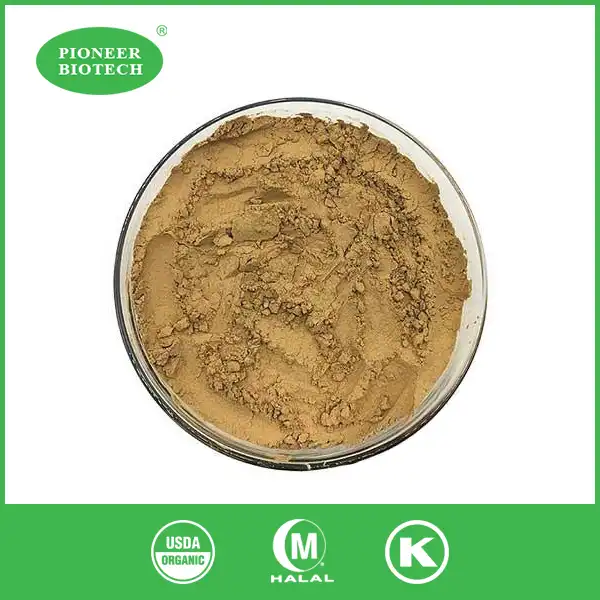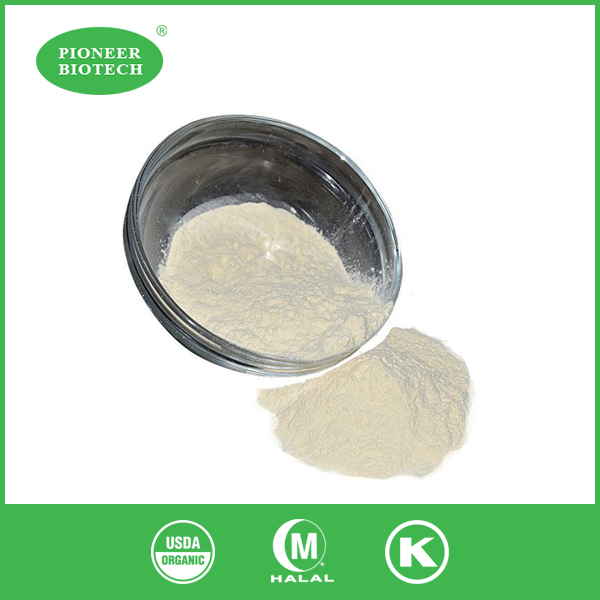Which is better zinc citrate or zinc gluconate?
Zinc is an essential mineral that plays a crucial role in various bodily functions, including immune support, wound healing, and maintaining healthy skin. When it comes to zinc supplements, two popular forms are zinc citrate and zinc gluconate. But which one is better? Let's delve into the differences between these two zinc compounds and explore their benefits, side effects, and effectiveness for skin health.
What Are the Key Differences Between Zinc Citrate and Zinc Gluconate?
Zinc citrate and zinc gluconate are both organic forms of zinc, but they differ in their chemical composition and how they're absorbed by the body.
Zinc citrate is a zinc salt of citric acid. It's known for its high bioavailability, meaning the body can absorb and utilize it efficiently. This form of zinc is often praised for its gentle nature on the stomach and its ability to be absorbed even in the presence of other minerals.
On the other hand, zinc gluconate is a zinc salt of gluconic acid. It's one of the most common forms of zinc found in over-the-counter supplements. Zinc gluconate is also well-absorbed by the body and tends to be less expensive than other forms of zinc.
When it comes to elemental zinc content, zinc citrate typically contains about 34% elemental zinc, while zinc gluconate contains approximately 14%. This means that you might need to take a larger dose of zinc gluconate to get the same amount of elemental zinc as you would from zinc citrate.
Both forms have been studied for their effectiveness in treating zinc deficiency and supporting various health functions. Research has shown that both zinc citrate and zinc gluconate are effectively absorbed by the body, with some studies suggesting that zinc citrate may have a slight edge in terms of bioavailability.
However, it's important to note that the difference in absorption between these two forms is generally not significant enough to make one drastically superior to the other. The choice between zinc citrate and zinc gluconate often comes down to personal preference, tolerance, and specific health needs.
Are There Any Side Effects of Taking Zinc Citrate or Zinc Gluconate?
While zinc is an essential nutrient, excessive intake can lead to adverse effects. Both zinc citrate and zinc gluconate can cause side effects, particularly when taken in high doses or for prolonged periods.
Common side effects of zinc supplementation, regardless of the form, may include:
- Nausea
- Vomiting
- Loss of appetite
- Abdominal cramps
- Diarrhea
- Headaches
In some cases, zinc supplements can interfere with the absorption of other minerals, particularly copper. Long-term, high-dose zinc supplementation can lead to copper deficiency, which can cause anemia and weakening of bones.
Zinc citrate is often touted as being gentler on the stomach compared to other forms of zinc. This may make it a preferable option for individuals who experience gastrointestinal discomfort with other zinc supplements. However, individual responses can vary, and some people may still experience stomach upset with zinc citrate.
Zinc gluconate, while generally well-tolerated, may cause a metallic taste in the mouth for some users. This is more common with zinc lozenges, which are often used to treat colds.
It's crucial to adhere to recommended dosages when taking any zinc supplement. The Recommended Dietary Allowance (RDA) for zinc is 11 mg per day for adult men and 8 mg per day for adult women. Pregnant women may need slightly more, at 11-12 mg per day.
Excessive zinc intake can lead to zinc toxicity, which can cause symptoms such as:
- Reduced immune function
- Reduced HDL ("good") cholesterol levels
- Copper deficiency
- Impaired iron function
To minimize the risk of side effects and potential nutrient interactions, it's advisable to consult with a healthcare professional before starting any new supplement regimen. They can help determine the appropriate form and dosage of zinc based on your individual health needs and medical history.
Which Zinc Supplement Is Better for Skin Health?
Zinc plays a vital role in maintaining skin health. It's involved in the synthesis of collagen, helps protect against UV radiation, and has anti-inflammatory properties that can benefit various skin conditions. Both zinc citrate and zinc gluconate can contribute to skin health, but is one form superior to the other?
Research on the specific benefits of zinc citrate versus zinc gluconate for skin health is limited. However, both forms can effectively increase zinc levels in the body, which is the primary goal when it comes to supporting skin health through supplementation.
Zinc citrate, due to its high bioavailability, may be slightly more efficient in raising zinc levels in the body. This could potentially translate to more effective support for skin health. However, the difference is likely to be minimal in most cases.
Zinc gluconate has been studied specifically for its effects on acne. Some research suggests that zinc gluconate can help reduce acne lesions and improve overall skin appearance in people with mild to moderate acne. This effect is likely due to zinc's anti-inflammatory properties and its ability to regulate sebum production.
When it comes to choosing between zinc citrate and zinc gluconate for skin health, consider the following factors:
- Absorption: Both forms are well-absorbed, but zinc citrate may have a slight edge in bioavailability.
- Dosage: Due to its higher elemental zinc content, you may need to take less zinc citrate to achieve the same effect as zinc gluconate.
- Tolerance: If you have a sensitive stomach, zinc citrate might be the gentler option.
- Cost: Zinc gluconate is often less expensive than zinc citrate.
Ultimately, the best form of zinc for skin health may depend on individual factors such as your specific skin concerns, overall health status, and how well you tolerate different supplements.
It's worth noting that while oral zinc supplements can support skin health from within, topical zinc applications (such as zinc oxide in sunscreens) also play a crucial role in protecting and maintaining healthy skin.
For optimal skin health, a holistic approach that combines proper nutrition, adequate hydration, sun protection, and a consistent skincare routine is recommended. Zinc supplementation, whether in the form of zinc citrate or zinc gluconate, can be a valuable addition to this regimen, particularly for individuals with zinc deficiency or specific skin concerns.
Conclusion
In conclusion, both zinc citrate and zinc gluconate are effective forms of zinc supplementation that can support overall health, including skin health. While zinc citrate may have a slight advantage in terms of bioavailability, the difference is generally not significant enough to make it universally superior to zinc gluconate. The choice between the two often comes down to individual factors such as tolerance, cost, and specific health needs. If you want to get more information about this product, you can contact us at sales@pioneerbiotech.com.
References
1. Wegmüller R, Tay F, Zeder C, et al. Zinc absorption by young adults from supplemental zinc citrate is comparable with that from zinc gluconate and higher than from zinc oxide. J Nutr. 2014;144(2):132-136.
2. Prasad AS. Zinc in human health: effect of zinc on immune cells. Mol Med. 2008;14(5-6):353-357.
3. Dreno B, Moyse D, Alirezai M, et al. Multicenter randomized comparative double-blind controlled clinical trial of the safety and efficacy of zinc gluconate versus minocycline hydrochloride in the treatment of inflammatory acne vulgaris. Dermatology. 2001;203(2):135-140.
4. Ogawa Y, Kinoshita M, Shimada S, Kawamura T. Zinc and Skin Disorders. Nutrients. 2018;10(2):199.
5. Roohani N, Hurrell R, Kelishadi R, Schulin R. Zinc and its importance for human health: An integrative review. J Res Med Sci. 2013;18(2):144-157.
6. Gupta M, Mahajan VK, Mehta KS, Chauhan PS. Zinc Therapy in Dermatology: A Review. Dermatol Res Pract. 2014;2014:709152.



